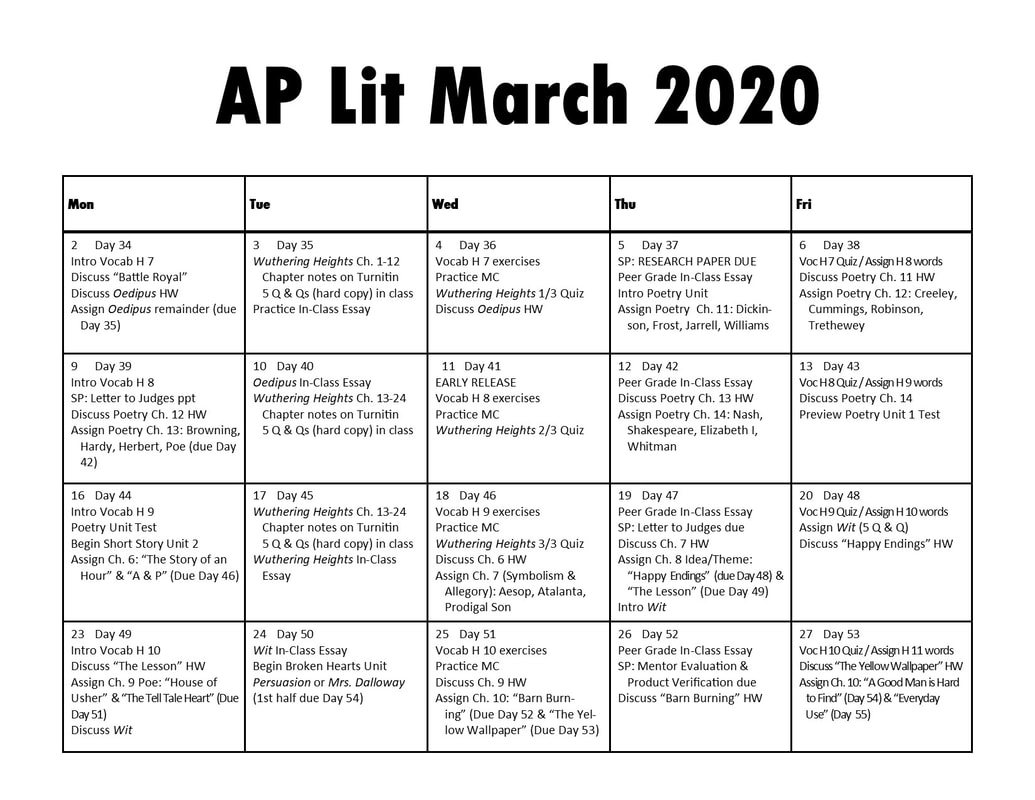Oxford AQA International A Level Chemistry answers.
Practical work is at the heart of Chemistry, so it has been placed it at the heart of the specification. Practical assessments have been divided into those that can be assessed in written exams and those that can only be directly assessed whilst students are carrying out experiments. A-level grades will be based only on marks from written exams.
Need homework and test-taking help in Organic Chemistry? These articles can enhance your knowledge of advanced chemistry topics.

Many aromatic nitro compounds are used as explosives. One of the most famous is 2-methyl-1,3,5-trinitrobenzene, originally called trinitrotoluene or TNT. This compound, shown below, can be prepared from methylbenzene by a sequence of nitration reactions. (a) The mechanism of the nitration of methylbenzene is an electrophilic substitution.
Physical Properties of Aromatic Compounds. Aromatic compounds are generally nonpolar and immiscible with water. As they are often unreactive, they are useful as solvents for other nonpolar compounds. Due to their high ratio of carbon to hydrogen, aromatic compounds are characterized by a sooty yellow flame. Reactivity of Aromatic Compounds.

This website uses cookies to improve your experience. Please either accept the cookies, or find out how to remove them Accept Accept cookies. More information Accept.

Year 2 study explores similar themes in much more depth and with increased difficulty. Topics include; Acids and Bases, Transition Metals and Aromatic Chemistry. There will also be numerous opportunities to use practical experiences to link theory to reality in order to develop essential practical skills. How will I be assessed?

Throughout this course you will be assessed in the following ways; - Through completion of weekly homework - End of topic assessments - Formal assessments - End of year externally marked exam papers. Year 1 - 2 papers - Breadth in Chemistry - Depth in Chemistry Year 2 - 3 papers - Periodic table, elements and physical Chemistry - Synthesis and.

Question: Which Of These Structures Do You Expect To Be Aromatic? Check Any And All That Apply. Have You Assessed Each Structure In Terms Of The Criteria Necessary For Aromaticity?

Practical work is at the heart of chemistry and students will be working towards their practical endorsement certificate throughout the two year. This compulsory certificate is independent of the A level chemistry qualification and is teacher assessed through specific practicals. Students will be given opportunities to repeat practicals where.

Aromatic Chemistry. Unit 4. Arenes. Arenes are hydrocarbons based on benzene C6H6. The ring is there instead of three double bonds due to the dissociation of the electrons which 'sit' on top of the ring. At each corner is one carbon and one hydrogen. These compounds are named as either the benzene group or the phenyl group depending on the functional groups present. This would be called 1.

A Level Chemistry (Reformed 2015) What is Chemistry? Chemistry has been aptly defined as that branch of science which is fundamental, molecular and interesting. Chemistry touches every aspect of our everyday lives, and its study encourages analytical, critical and logical thought: all important ingredients in any higher education course.

A Level Chemistry Revision. A Level Maths Revision Cards. All of the major A Level Maths topics covered. Revision for the NEW A Level Maths Course. Practice questions and answers on every topic. All exam boards e.g. AQA, OCR, Edexcel, WJEC. A Level Chemistry Past papers. AQA Past Papers. Edexcel Past Papers. OCR Past Papers.

In organic chemistry, aromaticity is a property of cyclic (ring-shaped), planar (flat) structures with a ring of resonance bonds that gives increased stability compared to other geometric or connective arrangements with the same set of atoms. Aromatic molecules are very stable, and do not break apart easily to react with other substances.




